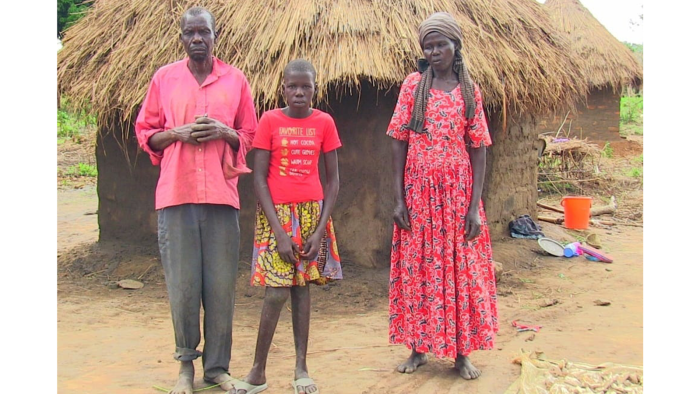
International Women’s Day is upon us yet again, the theme for this year is ‘Cracking the Code: Innovation for a gender equal future’. This theme is based on the United Nations 67th Commission on the Status of Women priority theme ‘Innovation and technological change, and education in the digital age for achieving gender equality and the empowerment of all women and girls. The national celebrations will take place at Kaaro Secondary School, Kiruhura District on the 8th of March 2023.
This year we shall explore the impact of the digital gender gap on widening economic and social inequalities. The event will also spotlight the importance of protecting the rights of Women and Girls in digital spaces and addressing online and ICT-facilitated gender-based violence.
A gender-responsive approach to innovation, technology, and digital Education can increase the awareness of women and girls regarding their rights and civic engagement. Advancements in digital technology offer immense opportunities to address development and humanitarian challenges and to achieve the 2030 Agenda’s Sustainable Development Goals. Unfortunately, the opportunities of the digital revolution also present a risk of perpetuating existing patterns of gender inequality. Growing inequalities are becoming increasingly evident in the context of digital skills and access to technologies, with women being left behind as the result of this digital gender divide. The need for inclusive and transformative technology
The national celebrations will take place at Kaaro Secondary School, Kiruhura District.

We have come a long way. Whereas once women couldn’t vote, we’re now leading countries. While we once faced restrictions on where we worked, we’re now running corporations. In Uganda we now have rights our grandmothers could only have dreamed about, but we still don’t have complete equality. And the majority of the world’s women aren’t anywhere near as close to that goal as we are.
More than 100 years ago, that first march was about ending harmful workplace conditions, equal rights, equal pay, and an end to exploitation. And sadly, those aims are still relevant today.
Progress should be linear, but it’s too often accompanied by a step back. Sometimes, even once laws and rights are established, they are ignored anyway
Women constitute more than half of the population of all African countries, including Uganda; logically they deserve at least half of the national cake of each African country, it’s time to take a stand for equality and ensure the next generation can fly.
![Women Leadership Development [WLEDE]](https://wlede.org/wp-content/themes/kipya/images/logo-WLEDE.png
)





